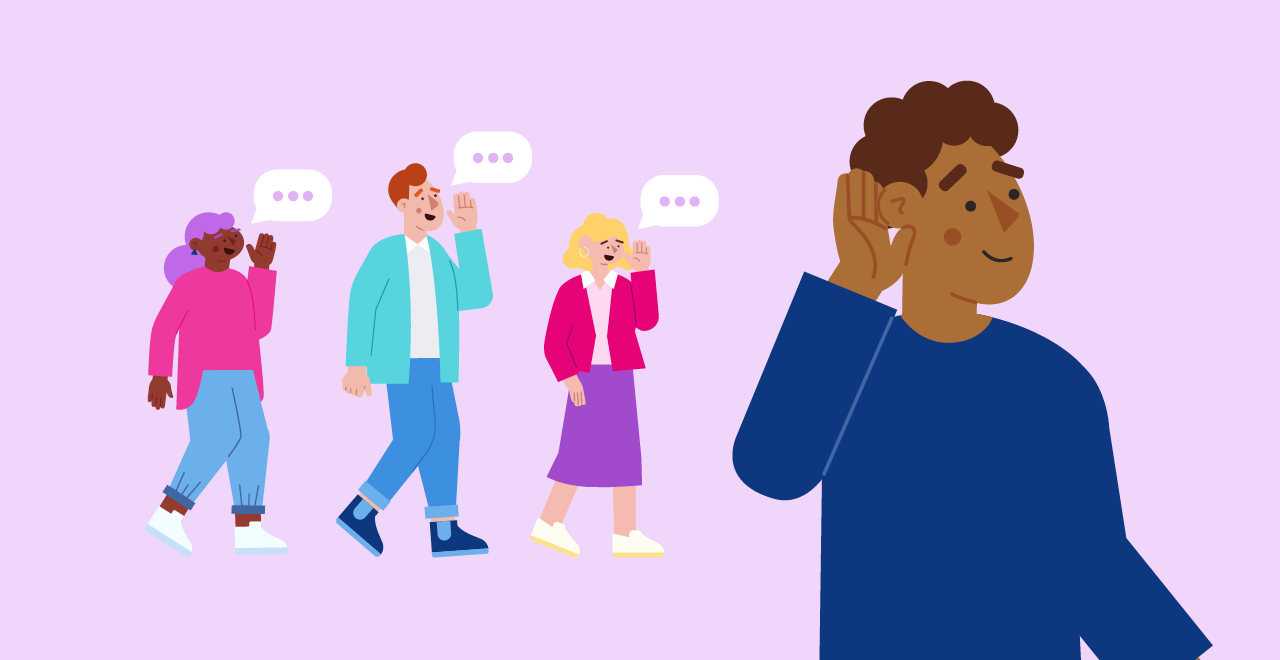‘Did I get the job?’ How to ask for feedback after an interview
The build-up to an interview can fly by fast as you prepare yourself for the big day. But afterwards, days can drag on as you check your phone, refresh your emails and … nothing.
So how do you work through finding out if you got the job, and getting feedback on your skills, suitability or the interview?
Hiring can be a huge process for the people on the other side of it, so sometimes it’s up to you to get that feedback.
We asked two recruitment experts to share their tips on how to follow up after a job interview – and how to know when it’s time to let go.
During the interview
- Ask when you can expect to hear back
“Towards the end of your interview, you will usually be asked if you have any questions of your own. This is where you should ask questions about the role, the team, the interviewer, the business and the learning and development opportunities,” says David Cawley, Senior Director of Hays.
The end of the interview is also the best time to ask about the next steps in the recruitment process and when you can expect to get feedback, says Kelly Van Nelson, Managing Director Operations (Asia Pacific) at Serco. She says, “At the time of your interview, a great question to ask is: ‘When do you expect to have made a decision about the role?’” This will give you some idea of when to expect feedback.
Straight after the interview
- Reiterate your interest in the role
Whether or not the interviewer gave you a firm date on when you’ll hear back, it’s wise to contact them quickly to thank them for their time.
“If you were interviewed directly [by a hiring manager from the company], be proactive and send a thank you email, expressing your enthusiasm to join the company,” Cawley says. “Sent in the evening or the next day, this email can be an important factor in the employer’s decision-making process.”
- Share any concerns (if going through a recruiter)
“If you used a recruitment consultant, give them immediate feedback after your interview,” Cawley says. “This needs to include any areas you felt you may have fallen down on – perhaps you have a nagging doubt about a specific answer you gave or forgot to highlight a certain valuable skill or experience. They might be able to help you figure out how to address that with the interviewer in any follow-up communication.”
Cawley adds, “Your recruiter will be collecting feedback from the interviewer as part of their process, but this is a good opportunity to remind them that you would be very interested in hearing any feedback the interviewer has, positive or constructive.”
A few days after the interview
- Request feedback and ask about next steps
“It’s reasonable to follow up around three days after the interview to get clarity on timelines,” Van Nelson says.
Both phone and email are acceptable ways to get in touch, but one may suit better depending on the type of follow-up. “If you received a rejection email and are keen to follow up to get feedback, a phone call is better so you can ask a variety of questions.
However, if your question is a follow-up to when you may find out if you’re successful in the application or not, then an email is fine. If you’re still unsure, a general rule of thumb is to phone first and if you need to leave a message or if you can’t get through, follow up with an email.”
- Be polite and patient
Keep your communication professional, no matter who you’re communicating with or how.
“It’s also important to remain flexible if a second interview is requested or the workplace needs more time or further information to decide,” Van Nelson says. “Try to be available and understanding of any additional requirements.”
- Know when it’s time to let it go
Stay active in your job search while you wait. “However well your interview went, do not by any means cancel any other upcoming interviews you have scheduled for different roles, or give up the job hunt on this basis alone,” Cawley advises.
Some recruitment processes take longer than others. But if you haven’t received any further feedback within a week, it’s time to shift your energy and focus to the next opportunity, Van Nelson says. “The longer it is since your last contact, the more unlikely it is that further feedback will be given.”
Whatever the outcome, you can learn from your experience and use it to make the next one better. “Think about what is making you so keen for this opportunity, and use it to steer your search for similar roles,” Cawley says.
